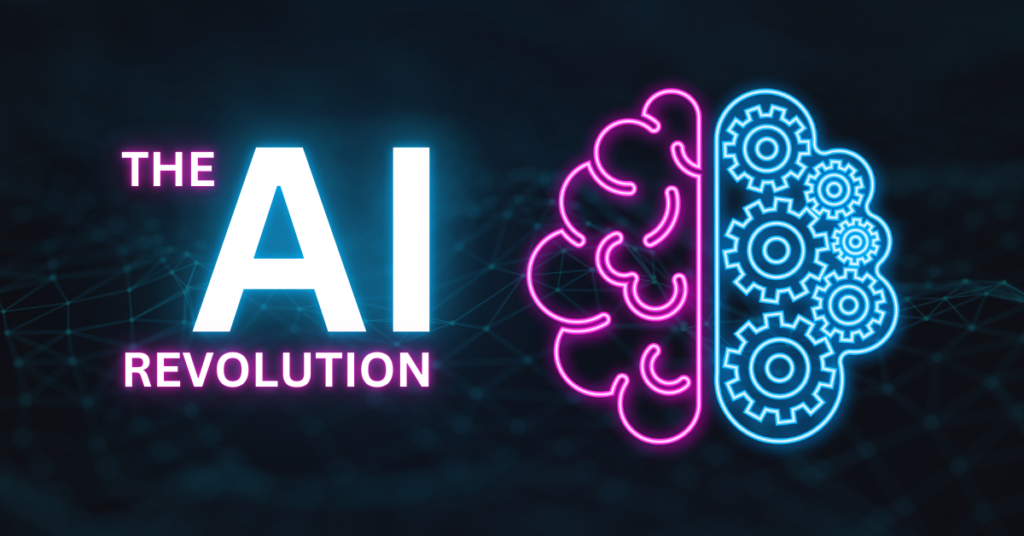As artificial intelligence (AI) systems become increasingly integrated into decision-making processes across industries, the ethical implications of these technologies have come under growing scrutiny. AI decision-making systems are used to automate critical choices in areas such as hiring, healthcare, law enforcement, financial services, and beyond. While AI offers tremendous potential to improve efficiency and accuracy, it also raises concerns about fairness, transparency, accountability, and bias. This article explores the ethical challenges and biases in AI decision-making systems, the impact these issues can have, and how organizations can work towards creating responsible AI systems.
Understanding AI Decision-Making Systems
AI decision-making systems use algorithms and machine learning models to analyze data and make decisions or recommendations. These systems are designed to mimic human decision-making processes, but with the ability to process vast amounts of information more quickly and accurately. For example, AI algorithms may be used to screen job applications, predict patient outcomes in healthcare, or assess loan applications in the banking sector.
However, the key difference between human and AI decision-making is that AI systems rely on historical data to make predictions and decisions. This reliance on data introduces significant ethical concerns, particularly around bias and fairness. Since AI models learn from existing data, they can inherit and even amplify the biases present in that data.
The Ethical Challenges in AI Decision-Making Systems
- Bias in AI AlgorithmsOne of the most critical ethical challenges in AI decision-making systems is the presence of bias. Bias in AI can arise in various ways, often due to biased or incomplete training data. If the data used to train an AI model reflects historical discrimination, inequalities, or societal prejudices, the AI system can perpetuate and even exacerbate these biases.For example, if an AI system is used to assess job applications and the training data reflects a history of gender discrimination in hiring, the AI model may inadvertently favor male applicants over female ones. Similarly, facial recognition systems have been shown to perform poorly when identifying people of color compared to white individuals, leading to discriminatory outcomes in law enforcement.Bias in AI can manifest in many ways:
- Data Bias: When the training data reflects historical inequalities or lacks diversity.
- Algorithmic Bias: When the AI’s underlying algorithms introduce bias due to flawed assumptions or methodologies.
- Outcome Bias: When the AI system produces biased decisions or predictions that negatively affect certain groups of people.
- Lack of Transparency and ExplainabilityAI decision-making systems, particularly those that use complex machine learning models like deep learning, are often seen as “black boxes.” This means that the logic behind their decisions can be difficult to understand or explain. The lack of transparency in AI systems raises ethical concerns, especially when these systems are used in high-stakes domains such as criminal justice, healthcare, or finance.When an AI system makes a decision—such as denying a loan application or recommending a medical treatment—affected individuals and decision-makers may not understand why the AI system made that choice. This lack of explainability creates challenges in holding AI systems accountable and can undermine trust in their fairness and reliability.
- Accountability and ResponsibilityAnother major ethical concern with AI decision-making systems is determining who is responsible when things go wrong. If an AI system makes a harmful or biased decision, who should be held accountable—the developers who built the system, the organization that deployed it, or the AI system itself?The issue of accountability becomes even more complex when AI systems operate autonomously, without direct human oversight. For example, in the case of autonomous vehicles, if an accident occurs due to a decision made by the AI driving system, determining responsibility can be difficult. This lack of clarity on accountability raises concerns about how to ensure that AI systems are deployed responsibly.
- Infringement on PrivacyAI decision-making systems often rely on large datasets that include personal and sensitive information, raising concerns about privacy and data security. In many cases, individuals may not even be aware that their data is being used to train AI models. This lack of consent, combined with the potential for misuse or abuse of personal data, presents significant ethical risks.For example, AI systems used in predictive policing rely on vast amounts of personal data, including location data, social media activity, and even facial recognition. This raises questions about how much surveillance is acceptable in the name of public safety and whether individuals’ privacy rights are being infringed upon.
- Unintended ConsequencesAI systems are not infallible and can produce unintended consequences, even when designed with the best intentions. For instance, AI models that are trained to optimize for certain outcomes—such as profit maximization or efficiency—may unintentionally produce outcomes that harm certain groups or exacerbate inequalities.A well-known example is an AI system developed by a healthcare provider to prioritize patients for specialized care. The system was intended to identify patients with the most urgent health needs, but it unintentionally favored patients with higher incomes, as they had more extensive medical histories, which the AI system used to assess healthcare needs. This led to wealthier patients being prioritized over poorer patients with equally urgent health conditions.
The Impact of Bias in AI Decision-Making Systems
Bias in AI decision-making systems can have far-reaching and harmful consequences. When AI systems produce biased outcomes, it can result in discrimination, social inequality, and unjust treatment of certain groups of people. The impact of AI bias is particularly concerning in high-stakes areas such as:
- Hiring and Employment: AI systems that are biased against certain demographics can lead to discriminatory hiring practices, perpetuating gender, racial, or age-based discrimination.
- Criminal Justice: Biased AI systems used in predictive policing or risk assessment can disproportionately target minority communities, leading to unfair policing or sentencing practices.
- Healthcare: AI models that are biased against certain patient populations can result in unequal access to healthcare, misdiagnoses, or inadequate treatment for marginalized groups.
- Financial Services: AI-powered credit scoring systems that reflect historical biases can result in unfair lending practices, denying loans to individuals based on factors like race or socioeconomic status.
How to Mitigate Bias and Ensure Ethical AI
While the ethical challenges and biases in AI decision-making systems are significant, there are steps that organizations and developers can take to mitigate these risks and ensure that AI systems are used responsibly.
- Diverse and Inclusive Data: Ensuring that the training data used to build AI models is diverse, representative, and free from historical biases is essential. Data should be regularly audited to identify and address any sources of bias.
- Transparency and Explainability: AI systems should be designed to be transparent and explainable. Developers should prioritize creating models that can provide clear explanations for their decisions, enabling users to understand how and why a particular decision was made.
- Human Oversight: AI systems should not operate entirely autonomously. Human oversight is critical to ensure that AI decisions are reviewed, questioned, and corrected when necessary. This is particularly important in high-stakes industries like healthcare, law enforcement, and finance.
- Ethical AI Frameworks and Guidelines: Organizations should adopt ethical AI frameworks and guidelines that outline best practices for developing and deploying AI systems. These frameworks can help ensure that AI technologies are aligned with ethical principles such as fairness, accountability, and transparency.
- Bias Auditing and Testing: AI models should be rigorously tested for bias before deployment. Regular bias audits can help identify and address any issues that may arise in the decision-making process. Companies can also use techniques like adversarial testing to ensure that their AI systems are robust and fair.
- Regulation and Governance: Governments and regulatory bodies play a crucial role in establishing legal and ethical standards for AI use. Clear regulations around data privacy, accountability, and bias in AI systems can help ensure that businesses use AI technologies responsibly.
Conclusion
AI decision-making systems offer the potential to transform industries and improve efficiency, but they also pose significant ethical challenges. Bias in AI, lack of transparency, accountability, and privacy concerns are critical issues that must be addressed to ensure that AI systems are used responsibly and fairly. By adopting ethical AI practices, implementing robust oversight, and ensuring that AI models are transparent and explainable, organizations can harness the power of AI while mitigating the risks associated with bias and unethical decision-making. The future of AI must be guided by ethical considerations to ensure that its benefits are shared equitably and without harm to vulnerable populations.

